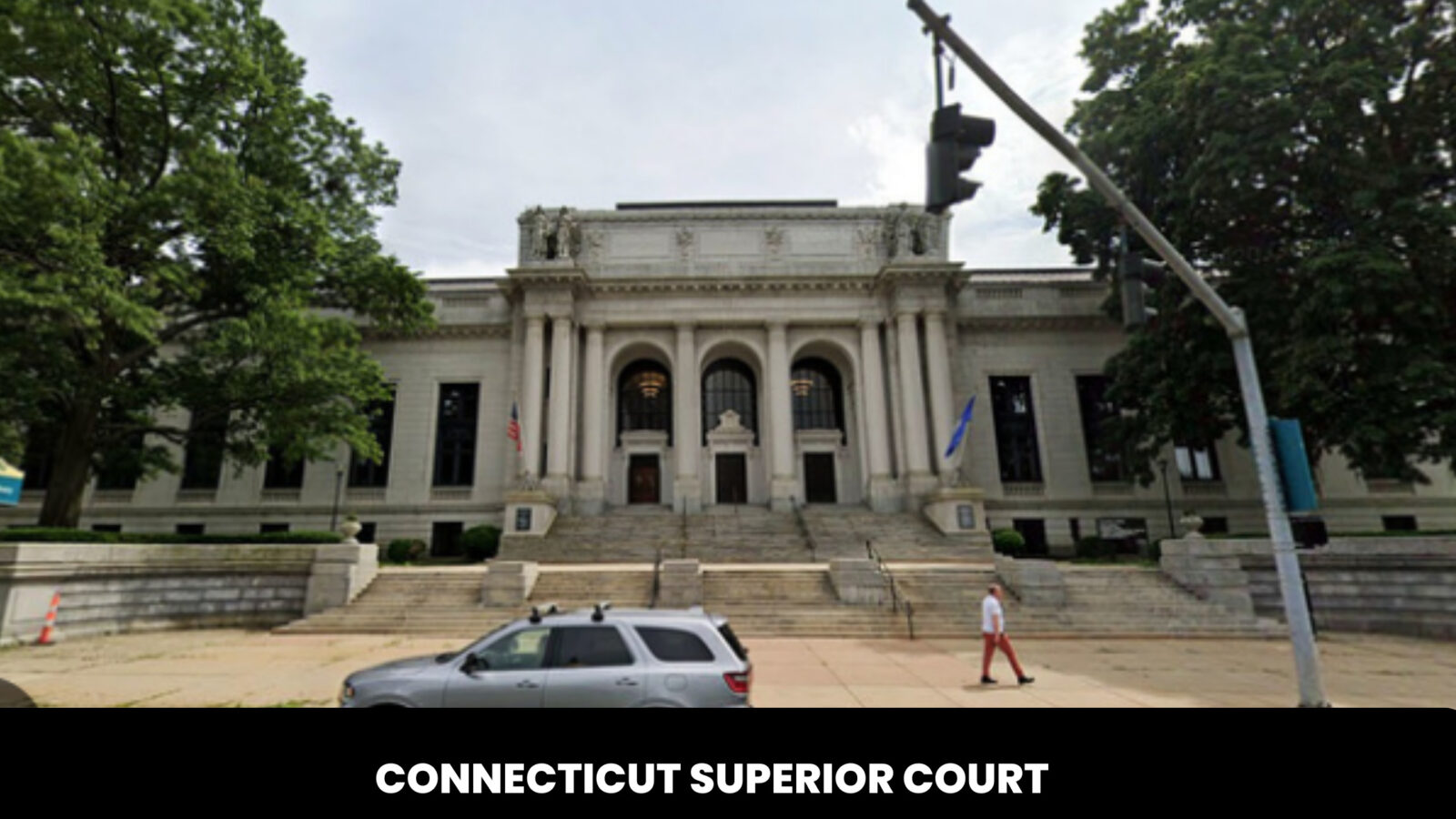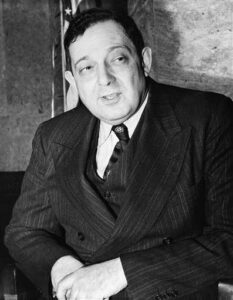Connecticut Superior Court: A Comprehensive Guide to its Function and Role in the State’s Judicial System
The Connecticut Superior Court is a vital component of the state’s judiciary. It has jurisdiction over all civil and criminal matters that are not specifically assigned to other courts, making it the busiest court in Connecticut. It plays a significant role in resolving disputes and dispensing justice to the people of Connecticut. This article provides an overview of the Connecticut Superior Court, its functions, and how it operates.
Introduction
The Connecticut Superior Court is one of the busiest courts in Connecticut, and it is where most legal disputes are resolved. The court has a broad jurisdiction and handles both civil and criminal matters. It is an essential part of the state’s judicial system and plays a crucial role in upholding the rule of law.
What is the Connecticut Superior Court?
The Connecticut Superior Court is the trial court of general jurisdiction in Connecticut. It has the power to hear and decide any civil or criminal case that is not specifically assigned to other courts. It is the busiest court in Connecticut, handling thousands of cases each year.
The Role of the Connecticut Superior Court
The Connecticut Superior Court plays a crucial role in Connecticut’s judicial system. Its primary role is to resolve disputes and dispense justice to the people of Connecticut. It ensures that the rule of law is upheld and that everyone is treated fairly and justly.
Types of Cases Heard in the Connecticut Superior Court
The Connecticut Superior Court hears a wide variety of cases. These cases can be broadly classified into two categories: civil cases and criminal cases.
Civil Cases
Civil cases are cases that involve disputes between individuals, businesses, or organizations. They can include cases related to contract disputes, property disputes, personal injury claims, and family law matters such as divorce and child custody.
Criminal Cases
Criminal cases are cases in which an individual is accused of committing a crime. They can range from minor offenses, such as traffic violations, to serious felonies such as murder and rape.
The Structure of the Connecticut Superior Court
The Connecticut Superior Court is divided into two levels: the trial court level and the appellate court level.
Judicial Districts
The trial court level of the Connecticut Superior Court is divided into 13 judicial districts, each of which has a courthouse. The judicial districts are responsible for hearing and deciding cases that arise within their geographical boundaries.
Geographic Areas
The appellate court level of the Connecticut Superior Court is divided into three geographic areas: the Fairfield Judicial District, the Hartford Judicial District, and the New Haven Judicial District. Each geographic area has a courthouse that hears and decides appeals from the trial courts within its jurisdiction.
Judges and Personnel of the Connecticut Superior Court
The Connecticut Superior Court is presided over by judges who are appointed by the governor and confirmed by the state legislature. The court
Court Procedures and Processes
The Connecticut Superior Court follows specific procedures and processes when handling cases. Understanding these procedures is crucial for individuals involved in a court case.
Filing a Case
To begin a case in the Connecticut Superior Court, an individual must file a complaint or petition with the court clerk’s office. The complaint or petition must state the facts of the case and the relief being sought.
Serving Papers
Once a case has been filed, the individual who initiated the case must serve the defendant with a copy of the complaint or petition. This process is known as serving papers, and it must be done in a specific way.
Pretrial Conference
After the defendant has been served with the complaint or petition, the court will schedule a pretrial conference. The purpose of the pretrial conference is to discuss the case and explore the possibility of settling the case before trial.
Discovery
Discovery is the process by which both parties gather evidence to support their case. It can include depositions, written interrogatories, and requests for documents.
Trial
If the case does not settle during the pretrial conference, it will proceed to trial. Trials in the Connecticut Superior Court can be either before a judge or a jury, depending on the nature of the case.
Sentencing
If an individual is convicted of a crime in the Connecticut Superior Court, the judge will impose a sentence. The sentence can include fines, probation, or incarceration, depending on the nature of the crime.
Appeals from the Connecticut Superior Court
If an individual is not satisfied with the decision of the Connecticut Superior Court, they can appeal to the Appellate Court or the Supreme Court of Connecticut. The appeal must be based on a legal error or an abuse of discretion by the trial court.
CT Superior Court case lookup
You can perform a CT Superior Court case lookup by visiting the Connecticut Judicial Branch website and using the online search tool. You will need to enter the name of the party or the docket number to find the case.
criminal court case lookup in CT
You can perform a criminal court case lookup in CT by visiting the Connecticut Judicial Branch website and using the online search tool. You will need to select “Criminal/Motor Vehicle” as the case type and enter the name of the party or the docket number to find the case.
CT court case lookup
You can perform a CT court case lookup by visiting the Connecticut Judicial Branch website and using the online search tool. You will need to select the type of case you are looking for and enter the name of the party or the docket number to find the case.
Connecticut Superior Court e-filing system
To use the Connecticut Superior Court e-filing system, you must register for an account on the Connecticut Judicial Branch website. Once you have registered, you can file documents electronically and track the status of your case.
Connecticut Superior Court forms
Connecticut Superior Court forms are available on the Connecticut Judicial Branch website. You can search for forms by court type and category, or you can use the A-Z index to find the form you need.
Connecticut Superior Court address
The address of the Connecticut Superior Court varies depending on the location. You can find the address of the court you need by visiting the Connecticut Judicial Branch website and searching for the court location.
Conclusion
The Connecticut Superior Court is a vital part of the state’s judicial system, playing a crucial role in resolving disputes and dispensing justice to the people of Connecticut. Its broad jurisdiction and busy workload make it a critical component of the state’s legal system.
FAQs
- How do I file a case in the Connecticut Superior Court?
To file a case in the Connecticut Superior Court, you must first visit the court clerk’s office and file a complaint or petition. The complaint or petition must state the facts of the case and the relief being sought.
- What types of cases are heard in the Connecticut Superior Court?
The Connecticut Superior Court hears a wide variety of cases, including criminal cases, civil cases, family cases, and juvenile cases. It has jurisdiction over all cases that are not specifically assigned to another court.
- How do I serve papers in the Connecticut Superior Court?
To serve papers in the Connecticut Superior Court, you must follow specific procedures outlined in the court rules. Generally, you must serve the defendant with a copy of the complaint or petition in person or by certified mail.
- Can I appeal a decision of the Connecticut Superior Court?
Yes, if you are not satisfied with the decision of the Connecticut Superior Court, you can appeal to the Appellate Court or the Supreme Court of Connecticut. The appeal must be based on a legal error or an abuse of discretion by the trial court.
- How are judges appointed to the Connecticut Superior Court?
Judges of the Connecticut Superior Court are appointed by the governor with the advice and consent of the state senate. They are appointed for a term of eight years and can be reappointed for additional terms.





